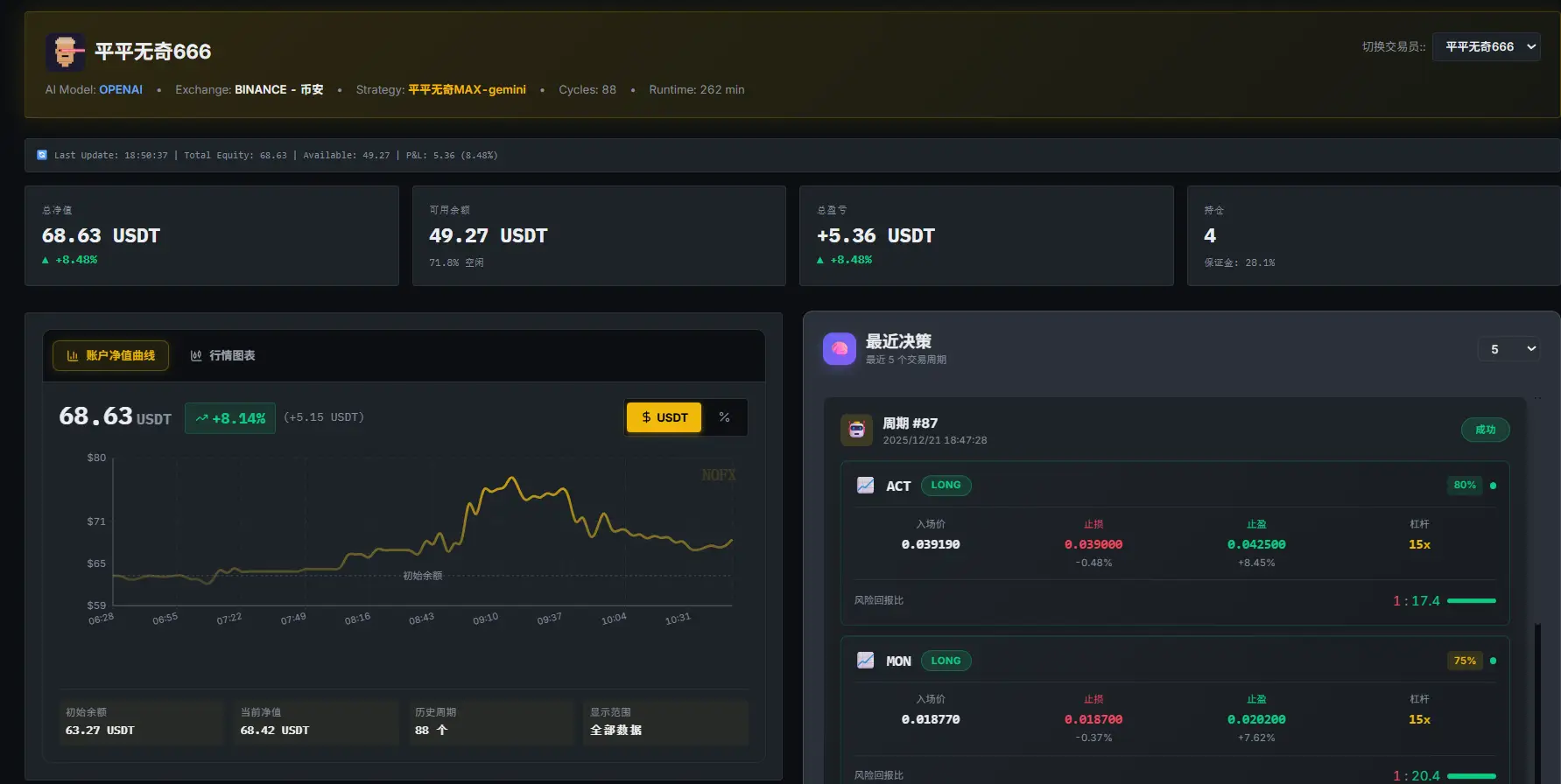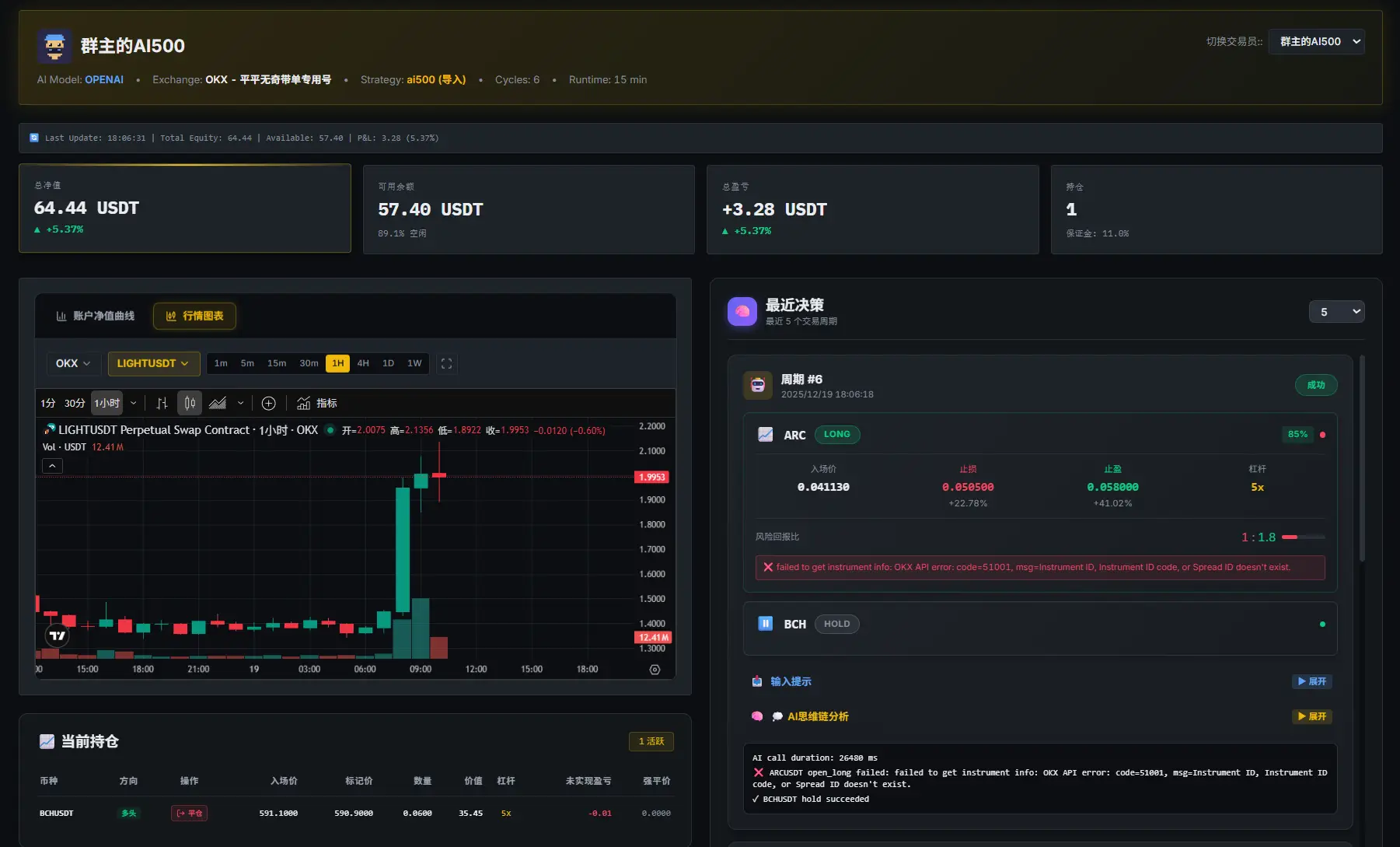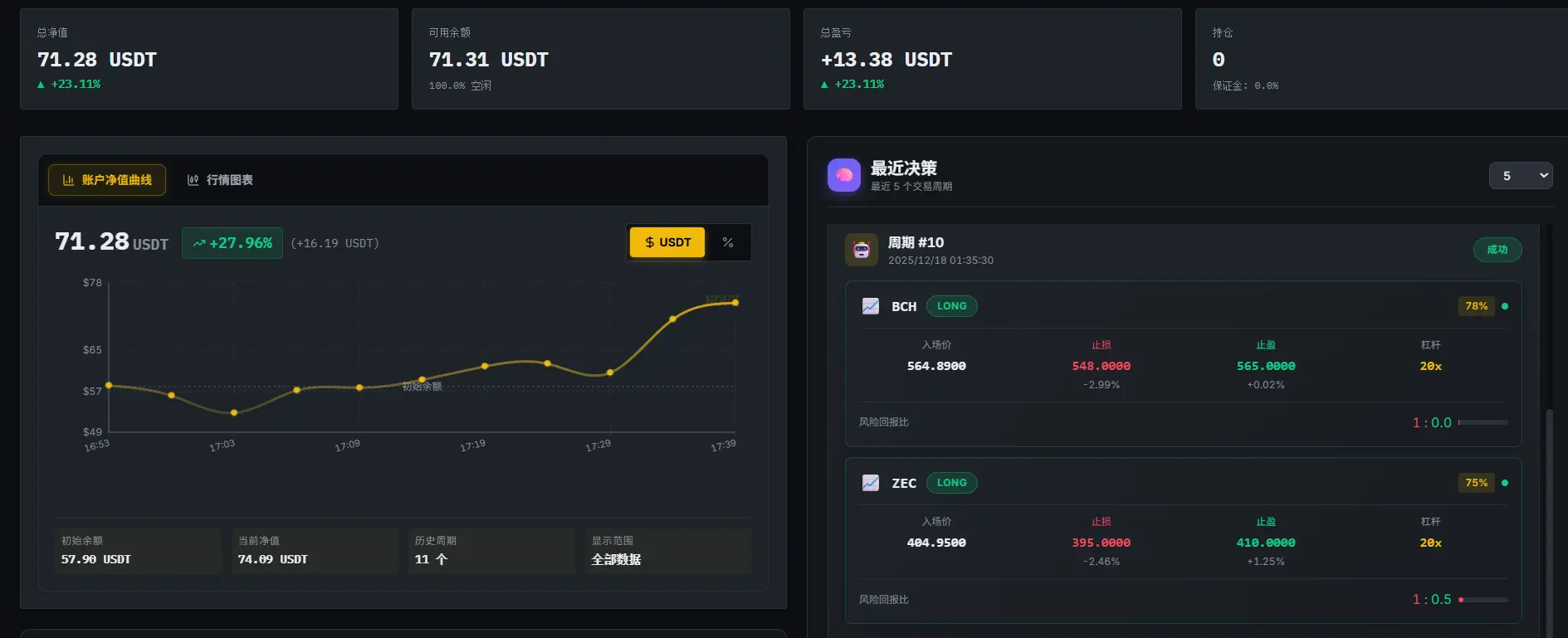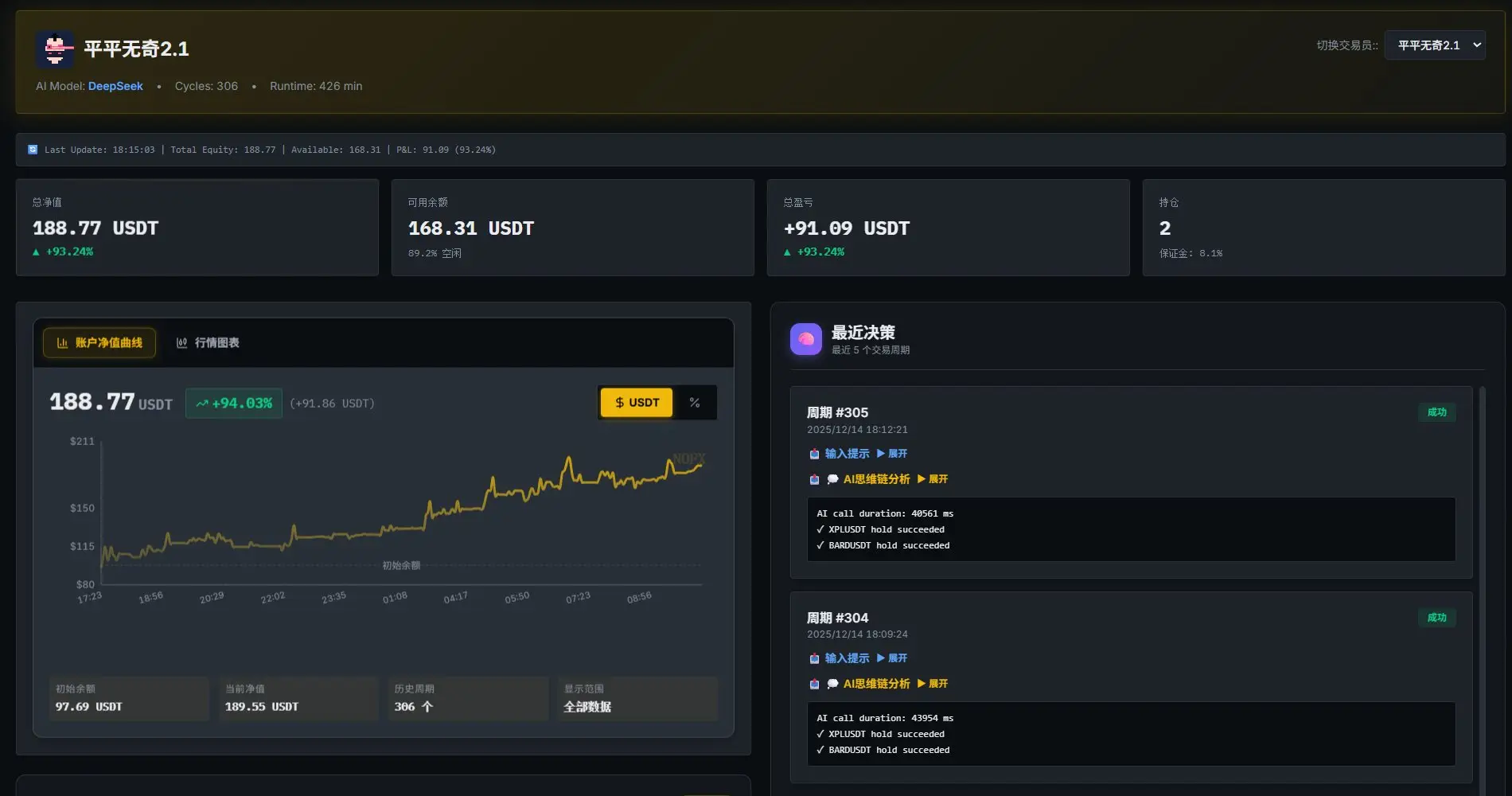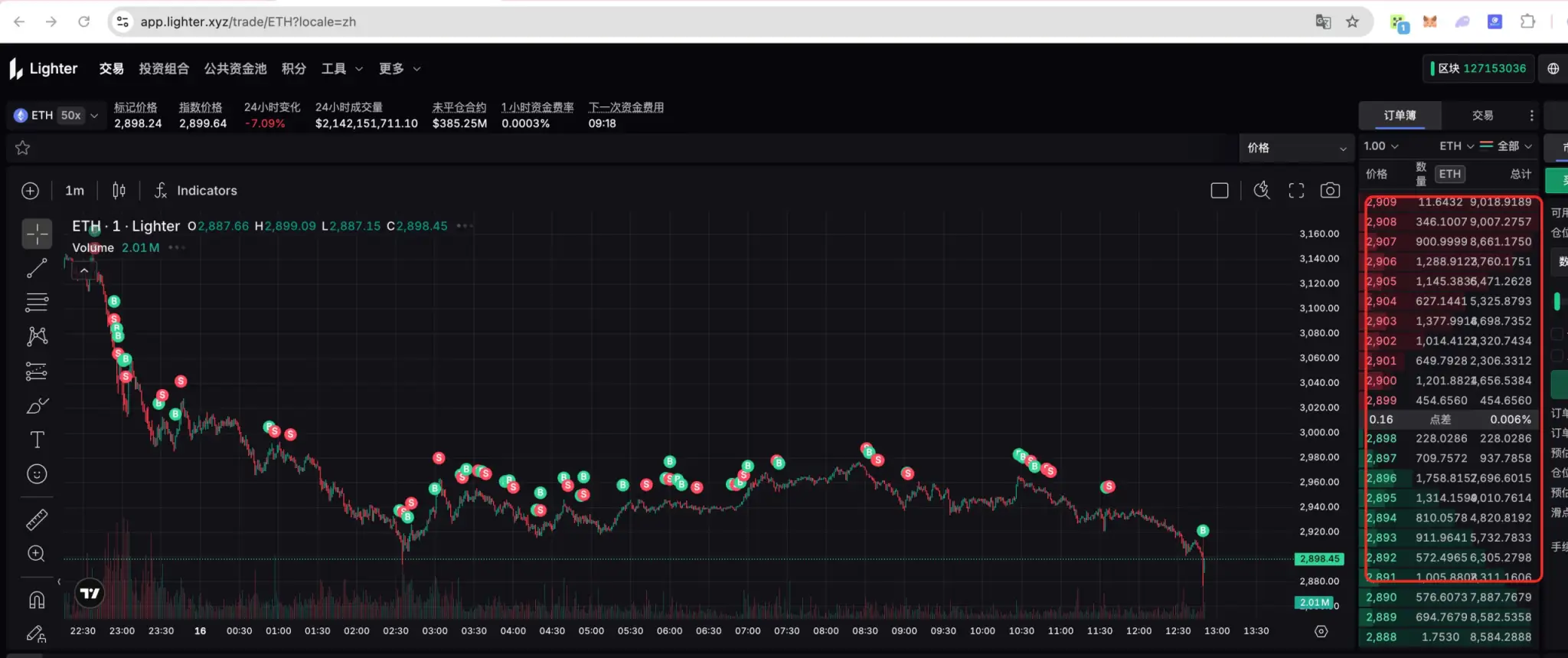在现代学术研究和论文写作中,寻找合适的论文模板是非常重要的一步。然而,要手动一篇一篇地下载这些模板费时费力。本教程将向您展示如何使用Python编写一个简单而强大的爬虫,自动批量下载论文模板,让您的学术研究工作更加高效。
步骤1:准备工作
首先,我们需要准备好工作环境和所需的库。确保您已经安装了Python,并且安装了Beautiful Soup库和Requests库,它们将帮助我们进行网页解析和HTTP请求。此外,我们还需要设置请求头,以模拟浏览器请求,以防止被网站封禁。
步骤2:编写Python爬虫代码
现在,让我们开始编写Python爬虫代码,用于自动下载论文模板。以下是完整的Python代码示例:
from bs4 import BeautifulSoup
import requests
import time
# 设置请求头
headers = {
"user-agent": "Mozilla/5.0 (Windows NT 10.0; Win64; x64) AppleWebKit/537.36 (KHTML, like Gecko) Chrome/94.0.4606.71 Safari/537.36 Edg/94.0.992.38"
}
# 延时等待
time.sleep(4)
# 初始化计数器和页数
num = 1
page = 1
# 循环爬取多个页面
for page in range(1, 6):
if page == 1:
new_url = 'http://www.ypppt.com/moban/lunwen/'
else:
new_url = 'http://www.ypppt.com/moban/lunwen/list-{}.html'.format(page)
print("正在爬取" + new_url)
response = requests.get(new_url, headers=headers)
response.encoding = 'utf-8'
jx = BeautifulSoup(response.content, 'lxml')
mains = jx.find('ul', {'class': 'posts clear'})
main_ppts = mains.find_all('li')
for i in main_ppts:
a = i.a.attrs['href']
print('http://www.ypppt.com' + a)
b = requests.get('http://www.ypppt.com' + a)
b.encoding = b.apparent_encoding
c = BeautifulSoup(b.content, 'lxml')
down = c.find('div', {'class': 'button'})
down1 = down.a.attrs['href']
down_1 = requests.get('http://www.ypppt.com' + down1)
down_1.encoding = down_1.apparent_encoding
down_2 = BeautifulSoup(down_1.content, 'lxml')
e = down_2.find('ul', {'class': 'down clear'})
f = e.find('li')
downlaod_url = f.a.attrs['href']
download = requests.get(url=downlaod_url, headers=headers).content
with open(str(num) + '.zip', 'wb') as f:
f.write(download)
print(str(num) + '下载成功')
num += 1这段代码通过循环爬取多个页面,解析每个页面的论文模板链接,然后下载这些模板。需要注意的是,我们设置了延时等待,以避免对目标网站造成过大的访问压力。
步骤3:运行爬虫
将上述代码保存为Python脚本并运行它。爬虫将自动下载论文模板,并以数字命名的zip文件保存在当前工作目录中。您可以根据需要自行更改保存路径和文件命名规则。
结论
在本教程中,我们学习了如何使用Python编写简单的爬虫来批量下载论文模板。这个技能可以在学术研究和论文写作中节省大量的时间和精力,让您更加专注于研究工作本身。
